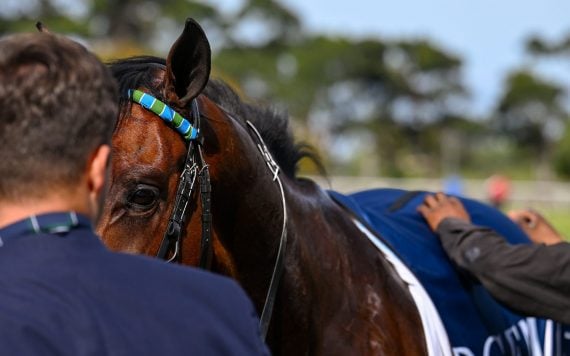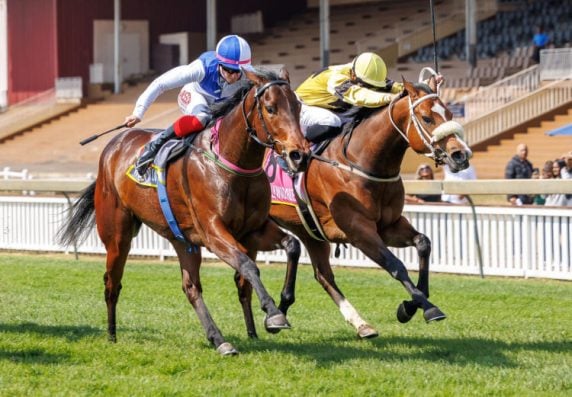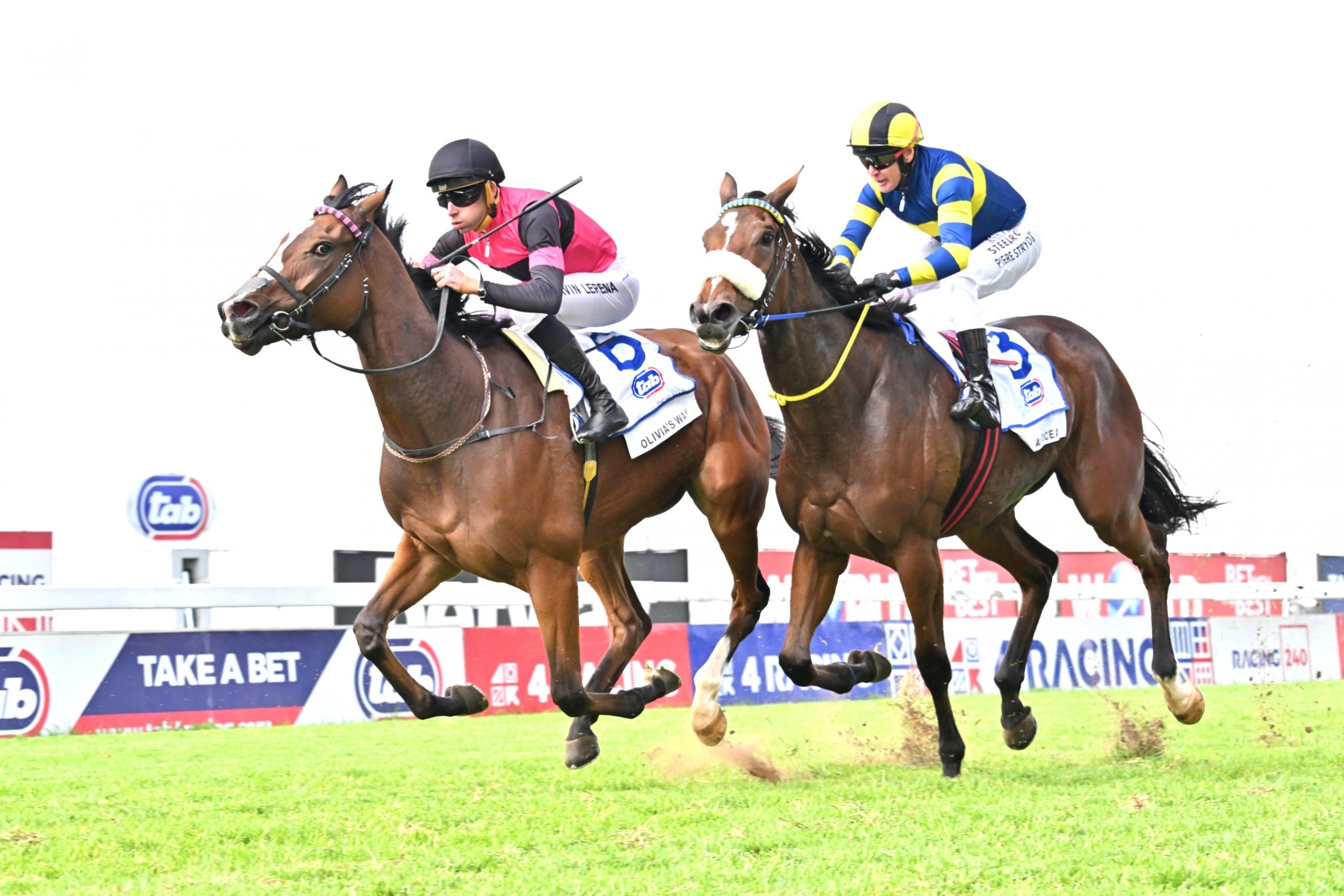Phumelela are most definitely not adopting a shot-gun approach and issuing ultimatums to Grade 1 race sponsors. This is the word from South Africa’s leading horseracing operator’s Head Office at Turffontein, following whispers on the gnarled racing grapevine of menacing financial demands and a new no-nonsense approach.
Whatever your sport or passion, the only guarantee beyond death or taxes these days is that nothing at all is forever anymore. Take South Africa’s showpiece surfing event, the Billabong Pro Jeffrey’s Bay. 2012 heralds a downgrade of the World Championship Tour event as a result of the financial woes of its main sponsor, who is closing 150 of its 677 stores worldwide and will embark on massive job cuts in 2013. Established in Australia way back in 1973, the surfing clothing and cool kit brand that we all grew up with, has been the name of the big Eastern Cape surf classic since 1987. That demonstrates again just how tough the survival of business and life has become
Sports sponsorship is big business today and it is a fascinating topic where perception often overrides reality and where the measurables only surface over time. And with the global economic meltdown raging at full strength sponsors are under pressure and understandably demanding optimum value for their rand. The see saw of the chicken and egg and the horse and cart has tilted full circle in the past few decades with sports like soccer, rugby and cricket absorbing 70% of the sponsor rand leaving the other fifty odd sporting codes, recognised by the Department of Sport and Recreation, to survive on the 30% balance.
Interestingly of the three mentioned big sports, boxing is the quartet kicker and runs a close second to soccer in terms of pure crowd attendance – but the juicy carrot of television coverage, or a lack of it rather, means that it does not feature amongst the top three when the sponsors are issuing their cheques. And television mass exposure appears to be the dealmaker when it comes to clinching the lucrative contracts.
I believe Government have identified ten priority sporting codes to promote growth based on the maximum benefit to our economy. Factors such as tourism spin-offs, participation and attraction of local and international spectators were weighted to set the policy. The top three were predictably soccer, rugby and cricket, followed by golf, athletics, cycling, boxing, swimming, surfing and motorsport.
In Australia and New Zealand netball is big business and it attracts healthy sponsorship. But despite being the biggest participation sport for SA women it is mostly ignored. It falls into much the same stable as athletics, which suffers from what is labelled the biggest turn-off for sponsors. Poor administration. Cricket SA has also shown that the big three codes are not immune to this stigma with the recent scandal over unauthorised payments forcing potential sponsors to step back and watch for a while.
Swimming and hockey are seen as two sports that have potential . The Spar group has been associated with hockey for some years and recently , Investec, with uncanny timing bought naming rights to the SA national women’s hockey team. The Investec SA Hockey women’s team beat India 3-1 last week to qualify for the London Olympics in five months from now!
 Interestingly Investec’s biggest single sponsorship is not the Investec Epsom Derby festival but their logo on the shirts worn in cup competitions by English Premier League soccer club Tottenham Hotspur. Locally they sponsor the Investec Cape Derby, which piggy backs on the world beating J&B Met, for what is mickey mouse money in the global scheme of their sponsor-spend. That doesn’t sound right somehow, does it?
Interestingly Investec’s biggest single sponsorship is not the Investec Epsom Derby festival but their logo on the shirts worn in cup competitions by English Premier League soccer club Tottenham Hotspur. Locally they sponsor the Investec Cape Derby, which piggy backs on the world beating J&B Met, for what is mickey mouse money in the global scheme of their sponsor-spend. That doesn’t sound right somehow, does it?
And while Investec might have struck gold with a winning team everybody wants to be associated with a winning team – even in soccer! Take this weekend’s 24-0 Nedbank Cup drubbing in Kimberley of Powerlines FC by Mamelodi Sundowns. That beat a domestic record that has stood since the year of my birth. That was fifty years ago in 1961 when Durban City beat Johannesburg City 17-3.
So where does horseracing fit into all of this? It appears that despite being a strategic employer and massive tax revenue generator, we have failed to catch Government’s attention for special support or favours. We also have the indisputable obstacles of the gambling stigma, potentially poor administration(mainly through a divided public front and perceptions of weak management) and a lack of genuine television exposure to the mass market to overcome.
I spoke to Phumelela’s energetic Sales Executive Clyde Basel about the rumours regarding the alleged financial pressure being exerted on the Grade 1 race sponsors and some of the broader issues facing PGL on the race sponsorship front in the medium-term.
With a refreshingly willingness to chat, Basel explained that PGL were constantly reviewing alternative revenue streams to compliment the lifeblood of betting turnover, which he acknowledged was under pressure. “ Our ongoing strategy is to keep looking at alternative revenue streams and acting in the very best interests of the sport of horseracing. Naturally we are striving for an ideal world where race prize money is sourced 100% from the sponsor and we realise that this may sound like a pipe-dream right now. But it is the ideal target to set our sights on. And then a very good place to start is with the prestigious Grade 1 races. We are approaching existing and prospective new sponsors and putting our heads together. We are going to be looking at ways of adding value. Offering them various rights packages which will give them more value for the rand they invest. In other words, we will be saying to them: for x we can give you this rights package, but for a little bit more we can add the value in terms of the naming rights, the media spin-offs and so on. But heavy handed shotgun approaches and ultimatums is not the way we do business with our partners,” he explained.
Basel said that PGL were mindful of the differing needs of sponsors. “ Certain guys are looking for the more personal one on one impact of a sponsored raceday with the frills of a hospitality facility for their selected clientele, while those in the mass markets like FMCG were looking at mass appeal and creating an event with related marketing and media campaigns. That is precisely why we have packaged our varying options to ensure that we can offer a winner for the biggest corporation right down to the one-man business. We have 3000 odd races a year in South Africa and that means 3000 opportunities to get sponsors involved.”
Basel said that horseracing was a sport that revolved around gambling and this was a tag that had its hindrances when approaching certain sponsors. He added that it was ironic that a sport like soccer, that had many millions invested via betting, still attracted the sponsors and said that horseracing needed to reinvent itself and gain its rightful place where the television stations were queuing up to broadcast our big races – like they did twenty five years ago. “The world has changed dramatically on all fronts in the ensuing years. Technologically, politically and emotionally – there are just so many more entertainment options available today and the consumer is probably more discerning. But the spectacle and thrill – the pure excitement of horseracing – hasn’t changed . To the contrary, with the aid of television and technology, we are able to sell it today as an even more exciting sporting option.”








